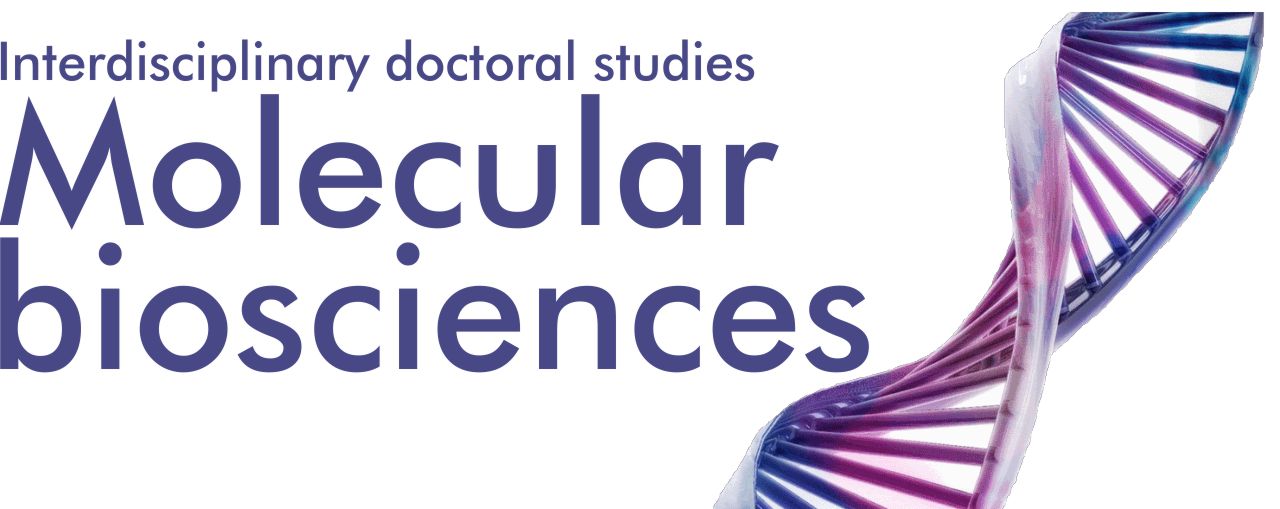| Cipher: | 2109 |
| Nomenclature: | Food additives |
| Study programme: | Molecular biosciences |
| Module: | Materials science and new technologies |
| Case holder: | Prof. dr. sc. Drago Šubarić |
| Institution of the case holder: | Faculty of Food Technology in Osijek |
| Contributors - Contractors: | Prof.dr.sc. Ljubica-Glavaš Obrovac |
| Subject status: | Electoral College |
| The year in which the case is submitted: | Year I |
| The semester in which the case is submitted: | Semester II |
| Subject objective: | To know the additives that are commonly used in the production of food, their function in the food product as well as the legislation and trends in the application of additives. Understand the effects of additives on human health. |
| Case contents: | Food additives. Why are additives added to food? Legislation related to the application of additives in food production (in our country and in the world). Classification and physicochemical properties of additives. Reactions with food ingredients. Trends in the application of additives in food production. |
| Learning outcomes: competences, knowledge, skills that the subject develops: | 1. Identify food additives. |
| ECTS Credits | 6 |
| Lectures | 20 |
| Seminars (IS) | 5 |
| Exercises (E) | 0 |
| Altogether | 25 |
| The way of teaching and acquiring knowledge: | In order to successfully master the goals of this subject, the student should regularly attend classes, actively participate in seminars, follow the literature in the field and prepare a presentation. |
| Ways of teaching and acquiring knowledge: (notes) | |
| Monitoring and evaluating students (mark in fat printing only relevant categories) | Attendance, Teaching activities, Mandatory seminar work |
| Rating method: | Oral exam, Essay/Seminar |
| Mandatory literature: | 1. W. Baltes: Lebensmittelchemie. Springer Verlag, Berlin, Heidelberg, New York. 2000. |
| Supplementary (recommended) literature: | 1. Robert L. Smith, Samuel M. Cohen, John Doull, Victor J. Feron, Jay I. Goodman, Lawrence J. Marnett, Ian C. Munro, Philip S. Portoghese, William J. Waddell, Bernard M. Wagner and Timothy B. Adams Criteria for the safety evaluation of flavoring substances: The Expert Panel of the Flavor and Extract Manufacturers Association. Food and Chemical Toxicology, 2005;43:1141-1177 |
| How to monitor the quality and performance performance (evaluation): | Verification of the understanding of the information obtained, the method of presentation and the scope of the material adopted by using the questionnaire at the end of the lecture of the subject. |
